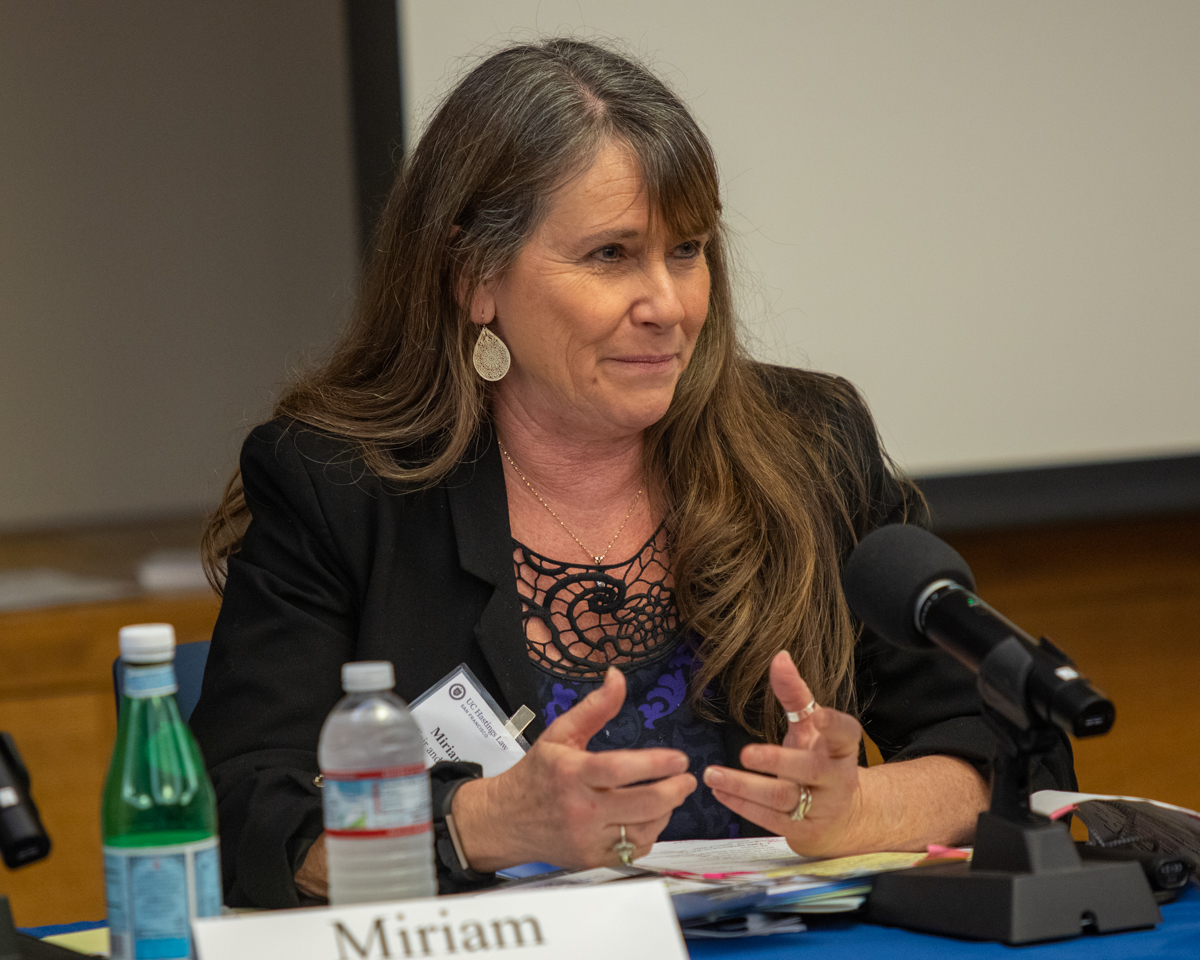

By Miriam Krinsky
Fair and Just Prosecution Executive Director Miriam Krinsky wrote the following in response to a groundbreaking study conducted by Rutgers University’s Amanda Agan, Texas A&M University’s Jennifer Doleac and New York University’s Anna Harvey, as well as new policies announced last week by the Baltimore State’s Attorney’s Office.
During the COVID-19 pandemic, which saw correctional facilities become some of the largest hotspots across the country, many reform-minded prosecutors implemented reforms aimed at reducing local jail populations and protecting people behind bars, as well as those who work in these facilities, from the risk of infection. These sensible policies included declining to prosecute many low-level offenses, including drug possession, which have little impact on public safety but a significant impact on incarcerated populations. We now know that these policies didn’t just improve public health, they are also consistent with promoting public safety.
In Baltimore, since implementing policies last March to stop prosecuting a range of low-level offenses, the jail population is down by 20 percent, even while violent crime declined 20 percent and property crime declined 36 percent. Of the nearly 1500 people who had cases dismissed because of these policies, just 0.4 percent were arrested for another crime in the eight months following implementation of these new policies.
These incredibly positive results are further bolstered by a new  report out of Boston confirming that decisions not to prosecute are consistent with public safety. Looking at 67,000 misdemeanor cases from 2004 to 2020, researchers found that non-prosecution reduced future criminal involvement – the number of subsequent misdemeanor complaints were reduced by 67 percent and subsequent felony complaints were reduced by 75 percent, as compared to comparable prosecuted defendants. And significantly, the report shows no evidence of an increase in reported crime of any kind in District Attorney Rachael Rollins’ first year of office, during which she implemented policies declining to prosecute 15 misdemeanor offenses often associated with poverty and racial disparities.
report out of Boston confirming that decisions not to prosecute are consistent with public safety. Looking at 67,000 misdemeanor cases from 2004 to 2020, researchers found that non-prosecution reduced future criminal involvement – the number of subsequent misdemeanor complaints were reduced by 67 percent and subsequent felony complaints were reduced by 75 percent, as compared to comparable prosecuted defendants. And significantly, the report shows no evidence of an increase in reported crime of any kind in District Attorney Rachael Rollins’ first year of office, during which she implemented policies declining to prosecute 15 misdemeanor offenses often associated with poverty and racial disparities.
These results from Boston and Baltimore confirm that past ‘tough on crime’ policies that swelled our prison populations aren’t necessary to make communities safer. Even as opponents of reform stoke fear about crime in America and attack the actions of reform-minded prosecutors, we must look to the data, which show us that criminalizing fewer people – especially for involvement in lower level offenses – strengthens communities. Criminal convictions carry profound collateral consequences for future housing and employment, which are critical supports that, if disrupted, can exacerbate pressures that lead to criminal conduct. The criminal legal system has already torn apart too many families and futures; this evidence about the efficacy of non-prosecution corroborates the wisdom of charting a new way forward.
For too long, communities of color have been overpoliced and under protected. Racial disparities permeate every aspect of the criminal legal system, including misdemeanor arrests. And in this time of increasingly limited funding for local government, it is more important than ever that prosecutorial resources be directed to efforts that address these disparities, while also keeping communities safe.
SA Mosby and DA Rollins join several other reform-minded prosecutors in using non-prosecution as a tool for public safety and equity, including Los Angeles County District Attorney George Gascón, San Francisco District Attorney Chesa Boudin, Washtenaw County, Mich. District Attorney Eli Savit, Dallas County District Attorney John Creuzot and a host of others.
We commend all the reform-minded prosecutors who are creating a new normal in prosecution with decarceral strategies that shrink the justice system, while continuing to promote safe and healthy communities.
To sign up for our new newsletter – Everyday Injustice – https://tinyurl.com/yyultcf9
Support our work – to become a sustaining at $5 – $10- $25 per month hit the link:
Don’t punish people for crime, crime goes down. Why is that?
Seems both sides are cherry picking data.
Cherry pie, anyone?
(goes great with coffee)
I think one side is picking a lot more baskets of cherries than the other side.
I was being generous . . . and I’m also seriously wired on coffee.
AND . . . I’m rather disappointed that no discussion has ensued here.
Discussion has been slowly ebbing on this website for several reasons.